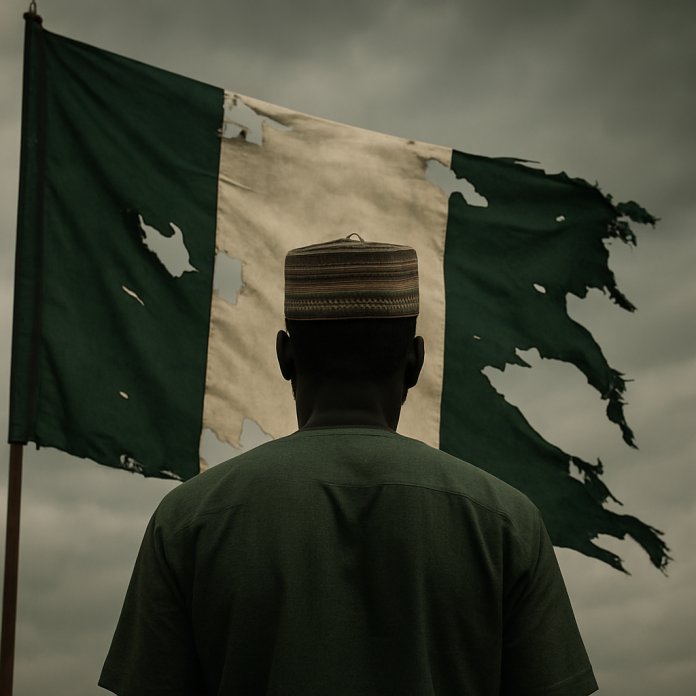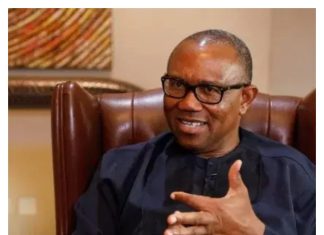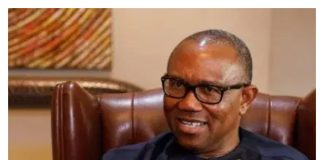By Bukar Mohammed
In recent years, a disturbing phrase has dominated public discourse in Nigeria—the “Fulanization” of crime. From banditry in the North-West to herder-farmer clashes in the Middle Belt and kidnappings across Southern highways, there is a growing tendency, especially on social media and in certain political spaces, to pin these crimes on one ethnic group: the Fulani. If left unchecked, this dangerous narrative could serve as the silent fuse that ignites deeper ethnic unrest, threatening the fragile unity of Africa’s most populous nation.
The Dangerous Generalization
Let’s be clear: crime has no ethnicity, religion, or region. Labeling crime with an ethnic identity ignores the root causes of criminality—poverty, unemployment, porous borders, weak law enforcement, and lack of education, among others.
Yet when acts like kidnapping, cattle rustling, or armed robbery are repeatedly linked to Fulani individuals, it reinforces a deeply flawed narrative. The Fulani, an ethnic group found across West Africa, include millions of peaceful, law-abiding Nigerians. Ethnic profiling not only distorts reality but also leads to biased policing, dangerous generalizations, and widespread mistrust.
The Media and Political Echo Chamber
Sadly, the media has often been complicit—intentionally or otherwise—in reinforcing this harmful stereotype. Sensational headlines such as “Fulani Herdsmen Kill Farmers in Benue” or “Fulani Bandits Abduct Schoolchildren” make for gripping news but also feed prejudiced perceptions.
Even worse is when politicians exploit this narrative for personal or electoral gain, portraying the Fulani as a monolithic criminal entity. They ignore the complex and multi-ethnic nature of Nigeria’s criminal underworld—one that often includes foreign actors and diverse collaborators.
This behavior isn’t just reckless; it is inflammatory and divisive.
The Cost to National Unity
With over 250 ethnic groups, Nigeria’s diversity is both its strength and its challenge. When one group is consistently scapegoated, it fuels a dangerous cycle of resentment and retaliation. Already, we are witnessing the rise of ethnic militias, the formation of regional vigilante groups, and louder calls for secession.
This is not the sign of a thriving federation—it is a red flag. When guilt is assigned based on tribe, language, or lineage, every Nigerian becomes vulnerable.
A Call for Reason and Responsibility
So, how do we change course?
- Responsible Media Reporting
Journalists must resist the urge to tribalize crime. Let reporting focus on facts, evidence, and identities confirmed through due process—not assumptions based on ethnicity. - Leadership That Unites, Not Divides
Political, traditional, and religious leaders must take bold stands against ethnic profiling. Nigeria’s unity demands leaders who build bridges, not burn them. - Justice Without Prejudice
Our law enforcement institutions must pursue and prosecute criminals regardless of background. Swift, unbiased justice can restore trust and deter future crimes. - Fostering Dialogue and Understanding
Nigeria must invest in inter-ethnic dialogue—through town halls, youth exchanges, and peacebuilding forums. Unity doesn’t happen by accident; it must be deliberately nurtured.
The Fulanization of crime is more than a careless phrase—it is a loaded weapon. If we continue to mishandle this issue, the consequences could be devastating.
Let us judge people by their actions, not their ancestry. Let us promote justice over prejudice. And let us remember the words of Chinua Achebe:
“A man who brings home ant-infested firewood should not complain when lizards begin to visit him.”
If we keep feeding dangerous narratives, we alone will bear the weight of the fallout.
Bukar Mohammed is a public policy and governance analyst from Kano.
Share your story or advertise with us: Whatsapp: +2347068606071 Email: info@newspotng.com

















